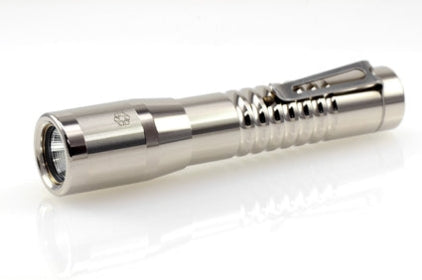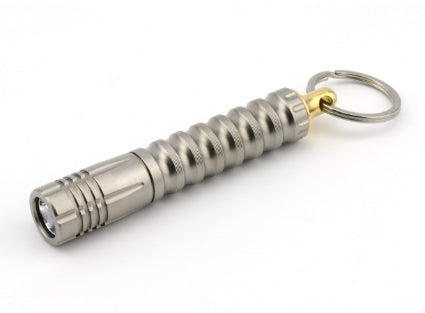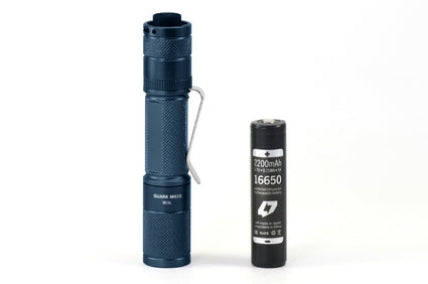
In the previous blog post I touched upon four reasons why rechargeable batteries are worth it. They last longer, they're better for the environment, they can work in all your devices, and the technology improvements have more or less eradicated some of the downsides that plagued earlier generations.
Today I'm going to dive a little deeper into Reason #1, because it's related to Answer #1 to the question "Why isn't everyone buying rechargeable batteries?" That answer is "money."
Rechargeable batteries cost more up front than disposable batteries. Depending on the brand, a 4-pack of rechargeable batteries might cost 4 or 5 times their disposable alkaline counterpart. And when you're standing in the check-out line scanning the rack of impulse buy products, $4-6 to replace the batteries in the flashlight at home feels a lot easier on the wallet than $14.
But that's short-term thinking. As the graphic above illustrates, a NiMH rechargeable battery can be recharged 1000 times (give or take, depending on the brand). In order to match the lifetime power output of a 4-pack of NiMH rechargeable batteries one would have to purchase 4000 disposable alkaline batteries -- well over $1000.
 And yes, the "start up" costs of switching to rechargeable batteries does include the charger, which can run $10 for the most basic or $30+ for the most advanced. It depend on how many batteries you want to charge at once and what (if any) advanced features are important to you. (Prometheus Lights carries a range of 2 & 4 bay chargers. I recommend going with an advanced charger with the ability to charge a single battery of any type, or even multiple types/sizes simultaneously.) But that still brings your up-front total way, way below the total cost of using disposable batteries over a given time period.
And yes, the "start up" costs of switching to rechargeable batteries does include the charger, which can run $10 for the most basic or $30+ for the most advanced. It depend on how many batteries you want to charge at once and what (if any) advanced features are important to you. (Prometheus Lights carries a range of 2 & 4 bay chargers. I recommend going with an advanced charger with the ability to charge a single battery of any type, or even multiple types/sizes simultaneously.) But that still brings your up-front total way, way below the total cost of using disposable batteries over a given time period.
The math gets even more interesting when you compare performance of rechargeable batteries vs. disposable batteries in high drain devices like digital cameras. When subjected to a high drain rate a rechargeable battery can outperform a disposable battery by 3-4 times on a single charge, because the maintain their operating voltage instead of slowly dropping over time like an alkaline.
I tried to make an argument for using cheaper disposable batteries in a low-drain device like a remote control, but even then you have leakage issues (more on that later), and it simply doesn't make economic sense to stick with disposable batteries for moderate- to high-drain devices that require fresh batteries on a regular basis. Flashlights, portable electronics, children's toys -- these are all opportunities to save money by using rechargeable batteries.
Still not convinced? Don't worry, I'm just getting started...






